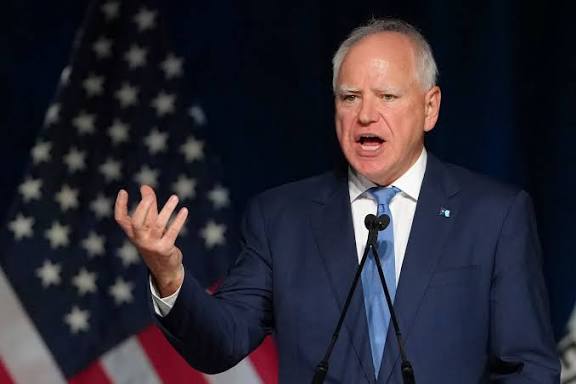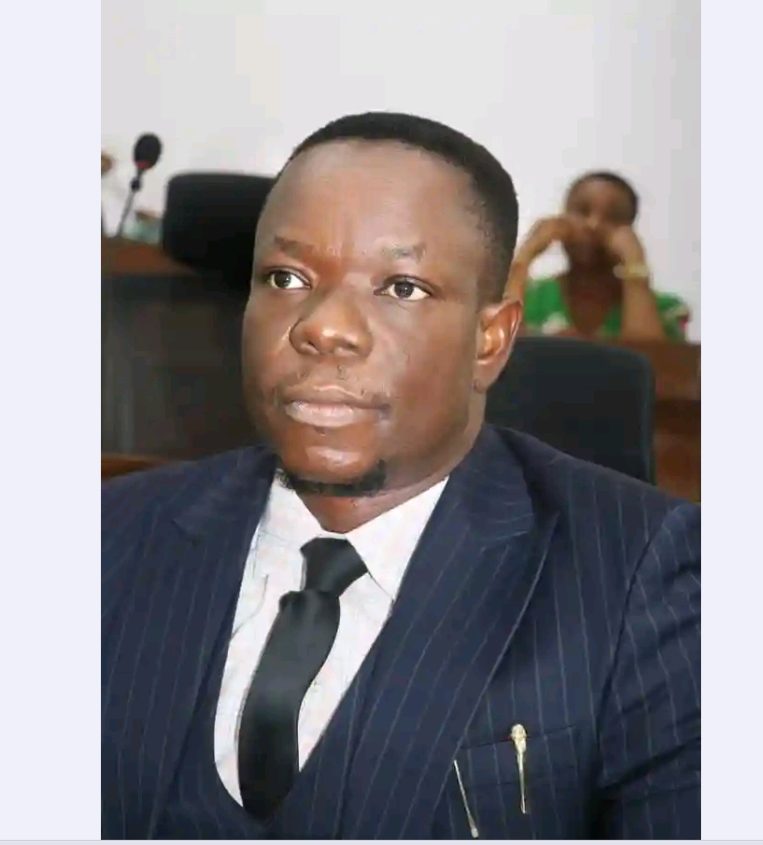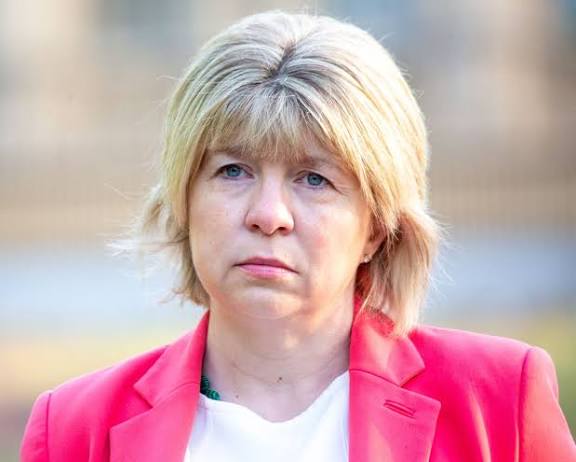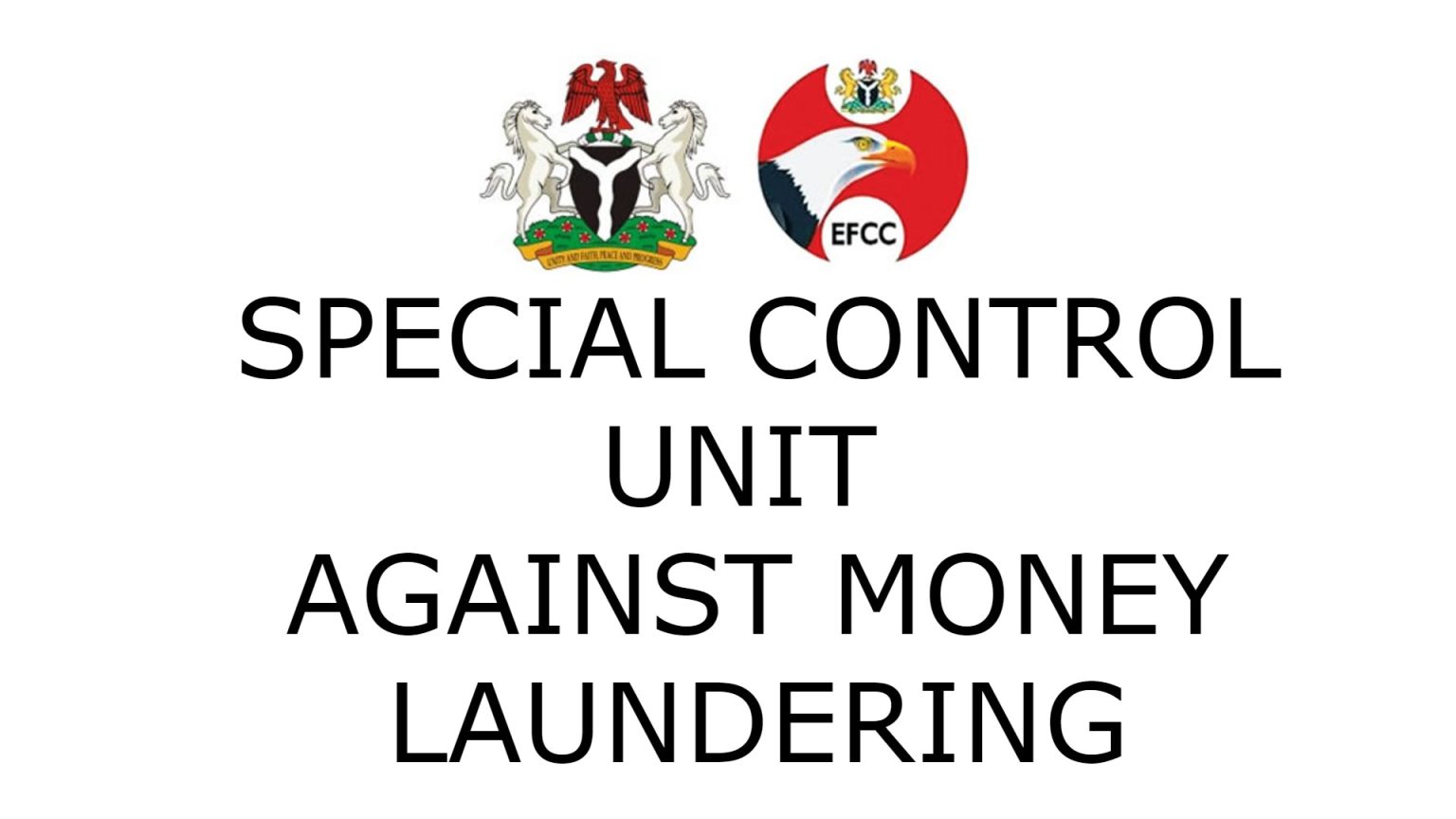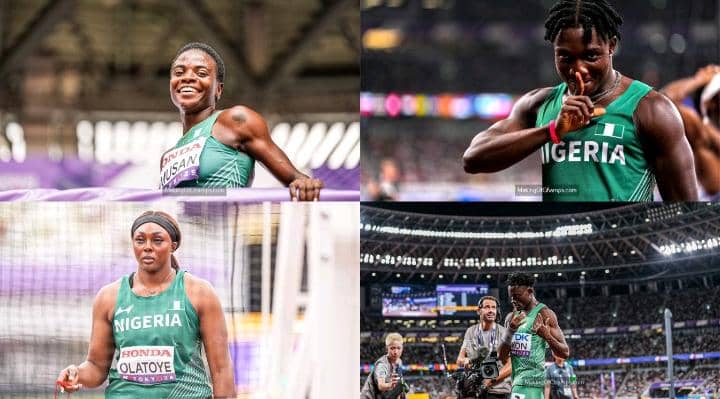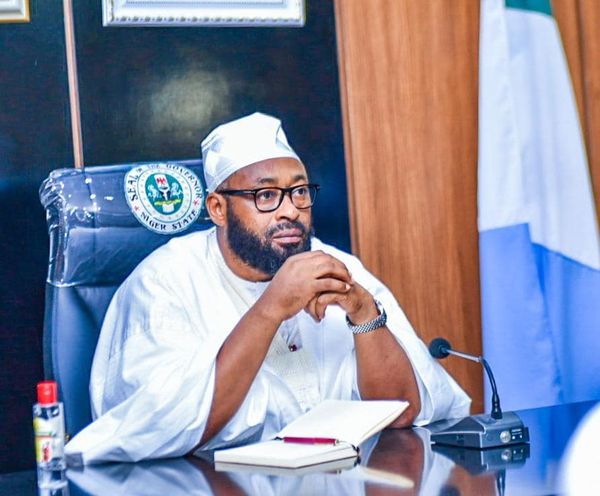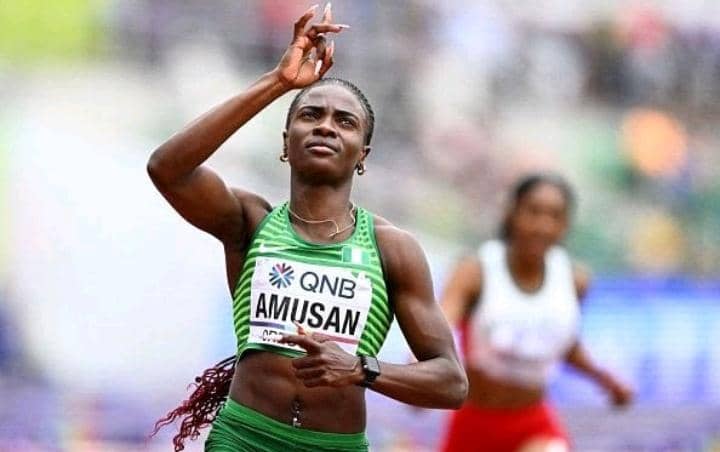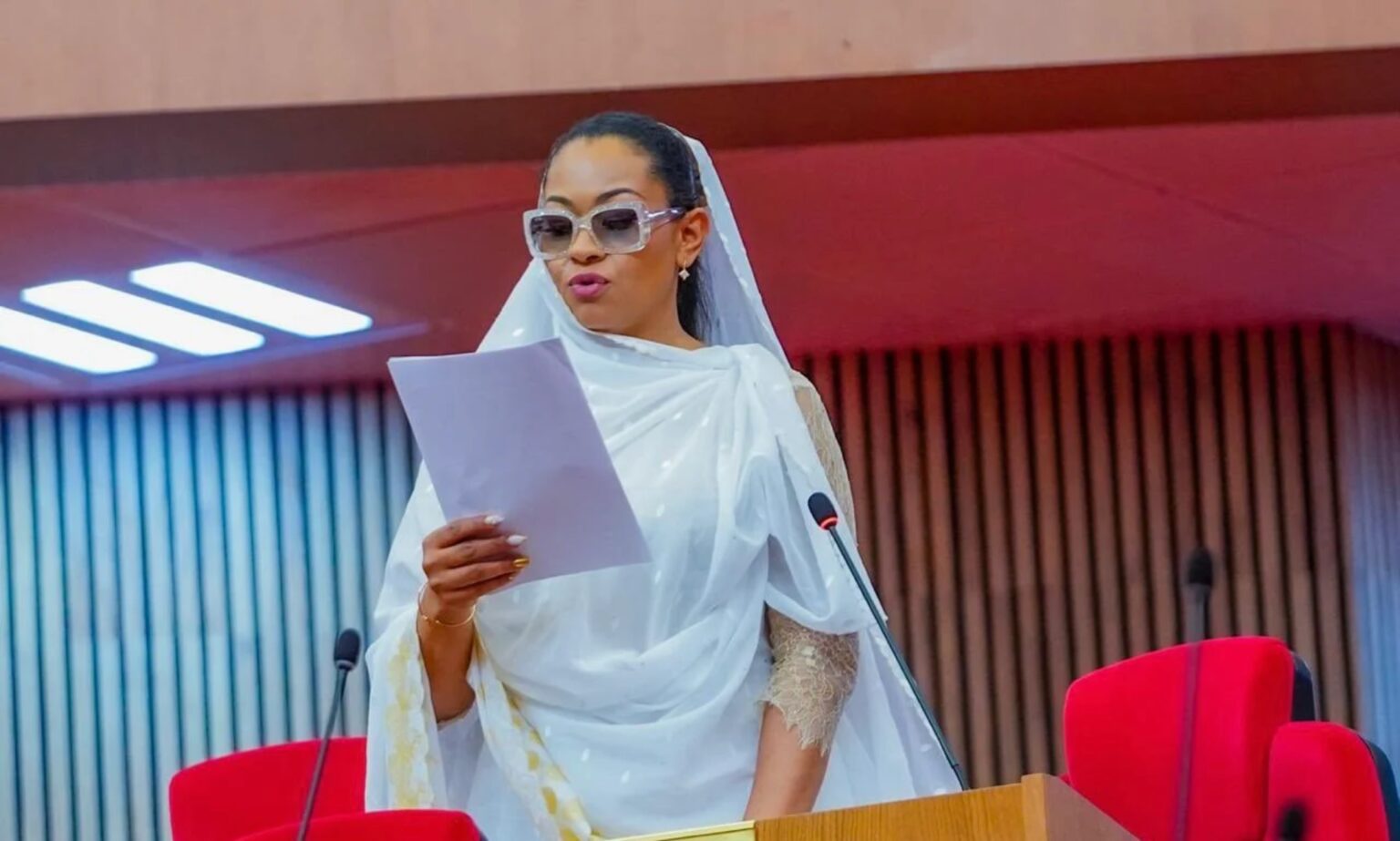Walz highlighted legislative achievements from the 2023 Democratic trifecta in Minnesota, a period during which Democrats controlled both chambers of the legislature and the governorship.
Author: New Daily Prime
Akaliro accused the APC leadership in Abia of deliberately sidelining him, noting that he was consistently excluded from key party meetings, events, and decision-making processes.
PDP spokesperson further alleged that Tinubu and the APC are engaging in “endorsement shopping” to bolster their electoral prospects, a move he portrayed as a desperate response to the opposition’s resurgence.
Mississippi has been forced to suspend the collection of critical maternal health data after a shakeup at the Centres for Disease Control and Prevention (CDC) disappointed the federal division overseeing the programme.
Caulfield’s move comes just a day after Danny Kruger, the Tory MP for East Wiltshire and shadow work and pensions minister, announced his defection.
SCUML stands for Special Control Unit against Money Laundering
Boluwatife Kehinde The National Sports Commission (NSC) has confirmed the clearance of allowances and bonuses for team Nigeria athletes competing at the ongoing 2025 World Athletics Championships in Tokyo, Japan. The disclosure was made in a statement issued by the NSC’s Director of Press, Kehinde Ajayi. According to the release, the Director General of the Commission, Bukola Olopade, reiterated the Federal Government’s commitment to the welfare of Nigerian athletes during a meeting with the team and officials of the Athletics Federation of Nigeria (AFN) in Tokyo. Olopade stressed that the recent restructuring of sports administration under President Bola Tinubu was…
Bago encouraged officials to improve their maintenance practices
Returning to Tokyo carried extra weight for Amusan, who had finished a painful fourth at the Olympics there four years ago
Natasha, a first-term Peoples Democratic Party lawmaker, was suspended by the Senate on 6 March 2025 for six months.


